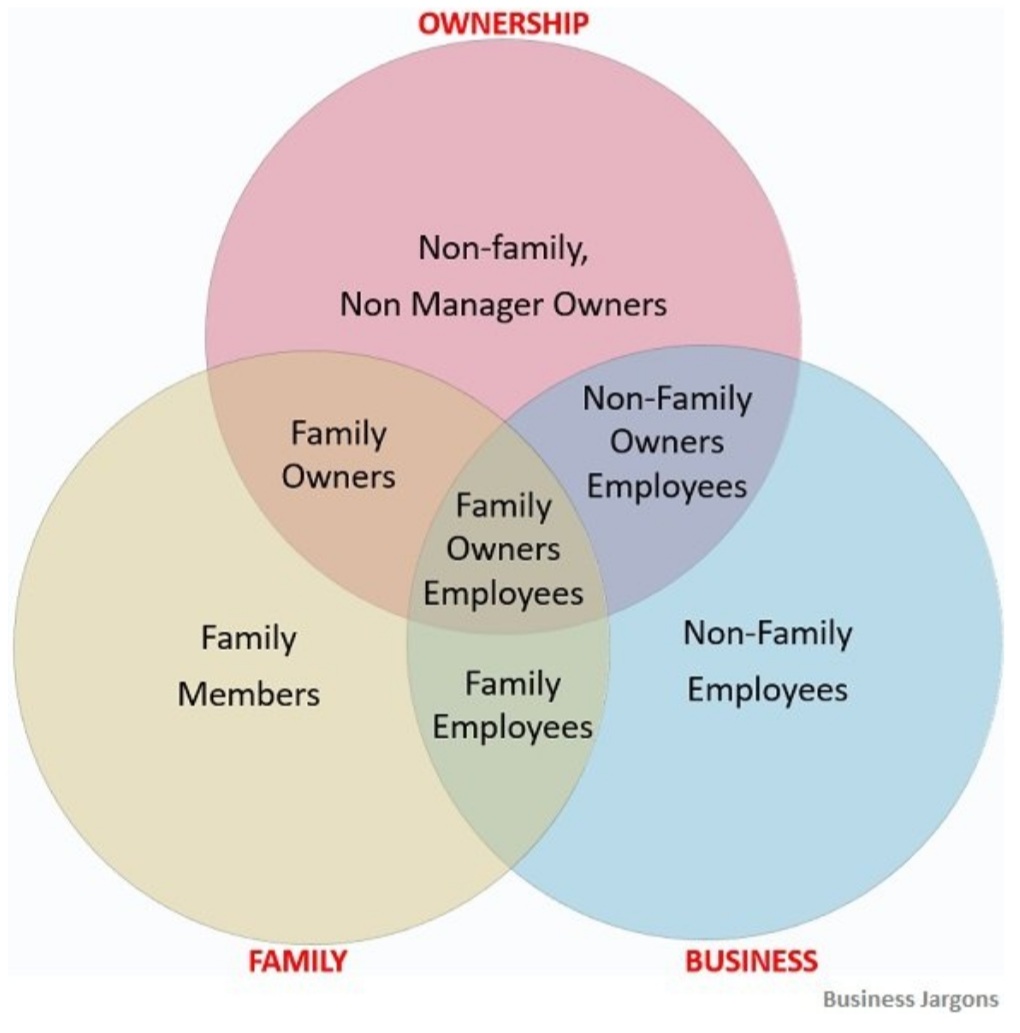
Managers sometimes worry about overcommunicating with their employees lest they cause information overload or come across as patronizing or pedantic. However, those fears may be unfounded. Analyzing 2,717 comments from archived leadership assessments, researchers found that overcommunication was cited just 46 times, whereas undercommunication got a whopping 421 mentions. Surveying people about their current or most recent boss revealed a similar imbalance.
In a subsequent laboratory experiment, participants reviewed feedback in which a hypothetical leader was variously described as communicating too little, too much, or the right amount before they evaluated the leader’s ability and empathy. The appropriately communicative leader got the highest ratings, and the undercommunicating leader scored much lower than the overcommunicating one. The undercommunicator was also seen as much less empathic than the other two.
In the final study, participants were surveyed about how much their manager communicated with them versus how much they thought he or she “ought to” communicate and asked about leadership ability and empathy. Most reported that their manager communicated far less than they would like—and those leaders got lower ability and empathy ratings than their more voluble counterparts did.
Although under-communication appears to be more common than over-communication, it also appears to be more costly,” the researchers write. It “not only signals that the leader has failed to help the…employee, but also that the leader has not even gone to the trouble of interacting,” whereas overcommunication may signal a misguided but well-intentioned attempt.
Let us know your thought about this article in the comment area below now.





















